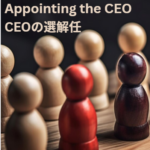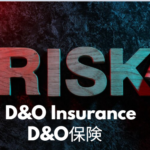In October, the stock market was in step with the U.S. stock market, which rose and fell in response to changes in U.S. long-term interest rates, and after a decline at the beginning of the month and a rebound in the middle of the month, the stock market was in a selling trend toward the end of the month.
The CG Top 20 index outperformed the TOPIX and JPX400 indexes for the second consecutive month in October.
Discussion Forum
Make a new forum entry
BDTI News
| Next Director Boot Camp is January 31st! |








